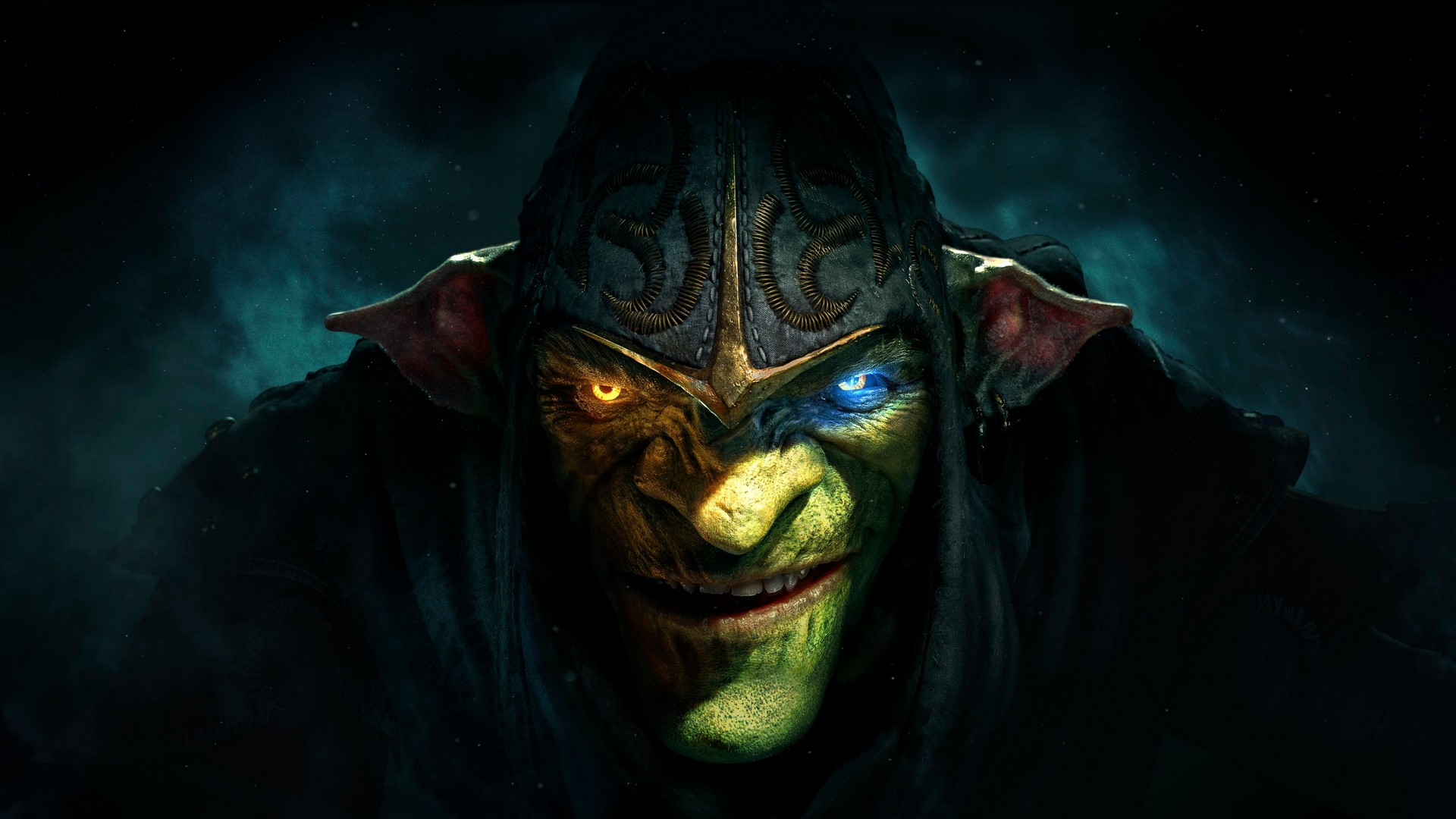Why you can trust GamesRadar+
There will be blood… A new take on vampires
A decade after it occurred, the emergence of the British new wave at the turn of the millennium still stands out as an extraordinary time in the recent history of SF. In a literary landscape dominated by cyberpunk, and to a lesser extent the new space opera, the likes of Alastair Reynolds, China Miéville and Justina Robson wrested the initiative for a new generation with books that artfully fused pulp and literary traditions.
Then came, if not the sophomore slump, the inevitable moment when each of the New Wave’s leading lights had to decide what to do next. Alastair Reynolds simply rolled up his sleeves and experimented with different styles, the author as pragmatic science guy. China Miéville and Justina Robson, on the other hand, both endured minor career crises before emerging stronger than before.
Yet what of Jon Courtenay Grimwood? By 2006, with End Of The World Blues , Grimwood had refined his elegant, sparse, post-cyberpunk style to a point where it would have seemed glacially cool had he not so clearly been writing about characters he genuinely cared about. Next, he said, he was going to write a hugely ambitious, metaphysical crime novel.
Nearly half a decade later and instead we have The Fallen Blade , an alternate-historical vampire novel set in an alternate 15th century Venice. You could be forgiven for being just the slightest bit cynical. With hard SF out of fashion, at least as far as publishing executives are concerned, has Grimwood come over all urban fantasy?
There’s an easy answer to this. Yes. Maybe. But don’t let that put you off. Much as Miéville’s Kraken (a novel that starts out like the work of a man being forced to write a London fantasy before gathering momentum as its creator stops being all teenage resentful and starts to write with gusto) finds real energy amidst familiar tropes, you’re not likely to mistake Grimwood’s vampire for the anaemic bloodsuckers created by the likes of Stephenie Meyer.
Grimwood’s Tycho is part street kid, part innocent abroad and, although he’s only just beginning to realise this, wholly eldritch. He’s also a lad in demand, earmarked by Venice’s chief assassin, Atilo, as his successor. As to Tycho’s deeper backstory, it lies in a Viking settlement in North America, making him an even more alien creature in a Mediterranean trading city.
Weekly digests, tales from the communities you love, and more
Following a fantasy narrative trajectory in the first part of a projected trilogy, Grimwood takes us through Tycho’s adventures and training. This enables the author to show off his research. Having known Venice since childhood walked all the streets featured in the book, Grimwood conjures up the city so vividly that you can almost touch the place and, less happily, smell its considerable stink. Impressive, but not nearly so impressive as the way Grimwood draws Tycho, essentially a vampire teenager subject to fierce emotions and lacking in self-awareness because he doesn’t even realise yet that he craves blood. He’s a figure both frightening and yet also, at different moments, pitiable and even downright noble.
Criticisms? Stylistically, this sometimes reads like a transitional book, far less honed than a novel such as 9Tail Fox . Yet that’s also what makes you optimistic about Grimwood’s future novels. Like other key figures in the New Wave, Grimwood is in the process of reinventing himself, of striking out somewhere new rather than repeating past glories. Moreover, he’s doing this while completely reinventing the vampire myth. Never, ever let it be said that Jon Courtenay Grimwood lacks for ambition.
Jonathan Wright

Ian Berriman has been working for SFX – the world's leading sci-fi, fantasy and horror magazine – since March 2002. He's also a regular writer for Electronic Sound. Other publications he's contributed to include Total Film, When Saturday Comes, Retro Pop, Horrorville, and What DVD. A life-long Doctor Who fan, he's also a supporter of Hull City, and live-tweets along to BBC Four's Top Of The Pops repeats from his @TOTPFacts account.



